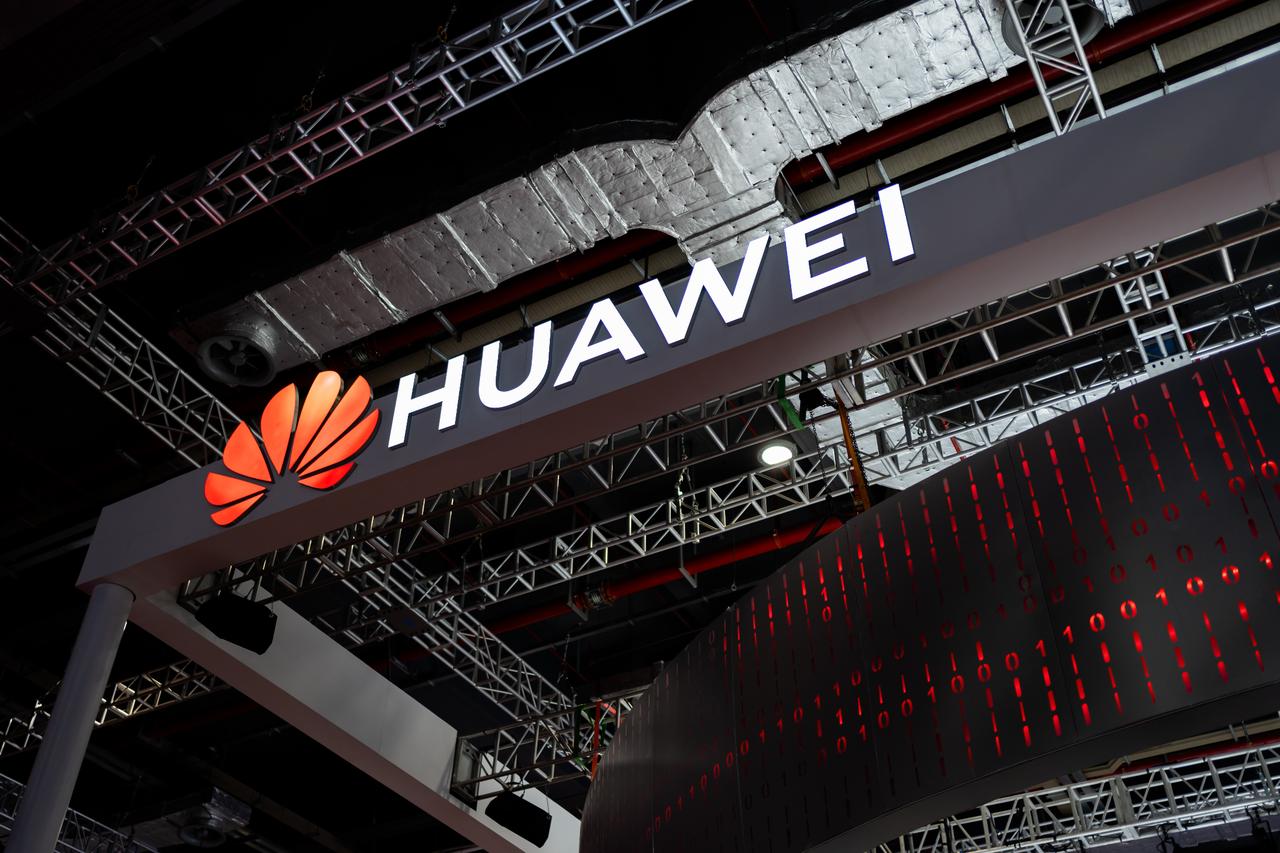
Huawei is deepening cooperation with Türkiye’s electricity transmission and distribution companies as part of the country’s ongoing drive to digitalize its power infrastructure, the company’s Electric Power Digitalization Division Chief Technology Officer (CTO), Lifei Liu, said.
“We are cooperating on High-Speed Power Line Communication (HPLC) technology and exploring local production opportunities,” Liu told Anadolu Agency in an interview on the role of digitalization in the energy sector.
He said digitalization is key to reducing line losses and improving grid management, but stressed that technology alone is not enough. “Trust in digitalization—but don’t rely on it alone,” he said.
Liu emphasized that as digital systems become more widespread, cybersecurity is becoming increasingly vital.
“Cybersecurity is crucial because neglecting it can cause serious losses. The most affected sectors due to global economic activity are finance and electricity. In the digital age, cybersecurity is one of the most critical areas,” he said.
He added that effective cybersecurity requires a holistic strategy that encompasses people, assets, and processes, not just technology. “There must be backup plans for emergencies. A lifecycle approach and contingency planning are vital to prevent financial losses and protect asset value,” Liu noted.

Describing Türkiye’s energy sector as “unique” and “strategically important” for Huawei, Liu said the country’s rapidly growing energy demand creates major opportunities for innovation.
“Türkiye is making major investments in the energy field, which presents significant opportunities for us,” he said.
“As consumption rises, the need for new solutions and technologies increases. This demand attracts investors. One of the factors that makes Türkiye’s market unique is its strong and innovative domestic demand.”
Liu said Huawei is already collaborating with Türkiye’s electricity transmission and distribution firms and exploring local manufacturing within the framework of HPLC technology.
“In many countries, companies entering the market are now expected to provide a certain level of local contribution,” he said, underlining the growing importance of local production.
He highlighted Huawei’s long-standing localization strategy in Türkiye: “Huawei employs a large number of local staff in Türkiye. If we aim to operate globally, we must work with local talent. They know the country better and ensure more efficient knowledge exchange.”
Liu also pointed to Türkiye’s potential as a regional research and development hub.
“We are evaluating which countries in Europe could serve as strong research centers, and Türkiye is one of them. The reason is clear—Türkiye has a large pool of talented and young people, and its geographic location offers a significant advantage in terms of travel convenience,” he said.
Liu concluded that Huawei’s successful experience in cooperating with local partners in Türkiye’s telecommunications industry would guide its expanding role in other strategic sectors, including energy.